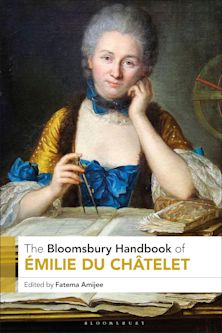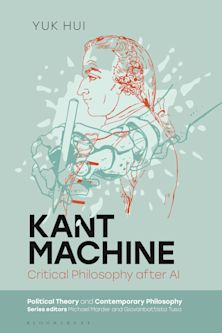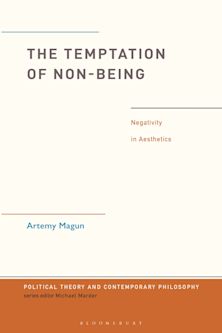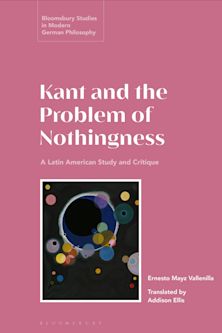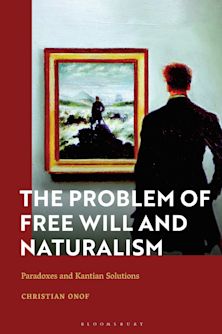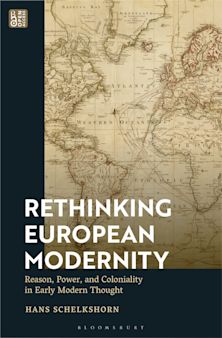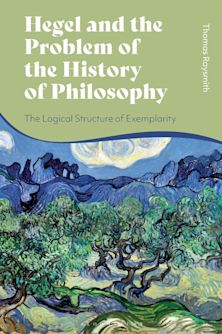- Home
- ACADEMIC
- Philosophy
- Modern Philosophy
- David Hume and the Problem of Other Minds
David Hume and the Problem of Other Minds
This product is usually dispatched within 10-14 days
- Delivery and returns info
-
Free UK delivery on orders £30 or over
You must sign in to add this item to your wishlist. Please sign in or create an account
Description
This book shows, through a detailed examination of David Hume's A Treatise of Human Nature, that these concerns are unfounded. By focusing on Hume's discussion of sympathy - the ability to connect with the mental contents of other persons - Anik Waldow demonstrates that belief in other minds can be justified by the same means as belief in material objects.
The book thus not only provides the first large-scale treatment of the function of the belief in other minds within the Treatise, thereby adding a new dimension to Hume's realism, but also serves as an invaluable guide to the complexity of the problem of other minds and its various responses in contemporary debate.
Table of Contents
Product details
| Published | 20 Oct 2011 |
|---|---|
| Format | Paperback |
| Edition | 1st |
| Extent | 218 |
| ISBN | 9781441123435 |
| Imprint | Continuum |
| Dimensions | 234 x 156 mm |
| Series | Continuum Studies in British Philosophy |
| Publisher | Bloomsbury Publishing |
About the contributors
Reviews
-
"In David Hume and the Problem of Other Minds, Anik Waldow has used the problem of the existence of other minds as a lens through which to view Hume's attitude to sceptical arguments and what they show. Since Hume's treatment of other minds is located in his account of the passions and sentiments, rather than in his account of scepticism as such, we are able to build up a more comprehensive picture of just what role sceptical arguments play in our understanding of the world in Hume's philosophy. Our grasp of Hume's project is thereby enhanced considerably." - Professor Stephen Gaukroger, University of Sydney, Australia
-
"Anik Waldow makes illuminating connections between Hume's views on why we should trust our causal inferences and why we should trust our interpretations of what other persons are thinking and feeling. She spells out Hume's answer to a philosophical problem that only later thinkers formulated and addressed." - Annette Baier












